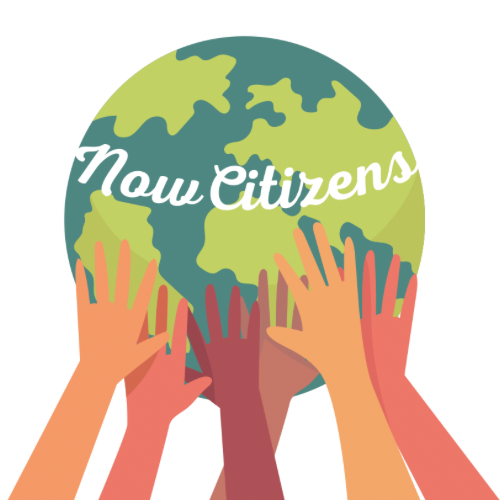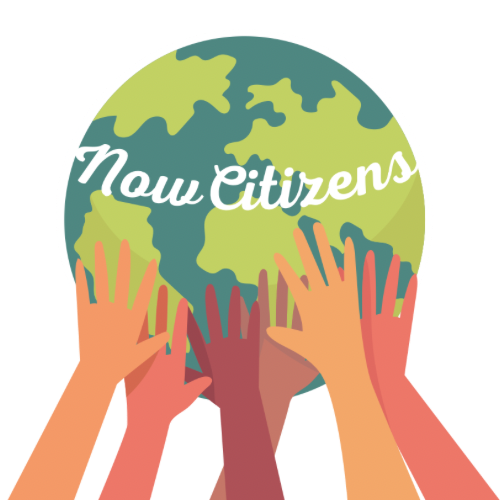MOVE TO IRELAND
MOVE TO IRELAND
THE LAST ENGLISH SPEAKING COUNTRY IN THE EUROPEAN UNION
While it goes without saying that many citizens of the European Union speak English, Ireland is now the last remaining country in the EU where English is the official language. This makes Ireland appealing to Americans with dual citizenship, as there’s one less barrier of entry. You’ll be able to easily read local laws and regulations, making setting up a business, looking for a job, or enrolling in school a breeze.
WHAT YOU NEED TO KNOW
If you're an EU, EEA, UK, or Swiss citizen, you're allowed to live and work in Ireland without needing a visa. However, there are some minor restrictions to be aware of, especially for EU, EEA, and Swiss citizens.
To enter Ireland, all you need is a valid passport or identity card. However, your non-EU family members are subject to different rules, which we'll discuss later.
Although it's usually easy to apply for jobs or set up a business in Ireland, you need to keep in mind some requirements if you plan to stay without a job for more than three months. You should be able to provide evidence that you can financially support yourself and have valid private health insurance that covers you in the country. If you're job hunting, you can stay in Ireland for up to six months without restrictions.
Fortunately, there's no need to register with a local immigration office or obtain a residence card. After working in Ireland for five years, you'll be eligible for permanent residency, which means you won't have to worry about the risk of deportation, should there be any changes in your circumstances.
There are some cases in which you could be denied entry into Ireland. For example, if you're suffering from a serious contagious disease that could pose a threat to public health, or if your past behavior or criminal record could be deemed a risk to public safety or public policy.
As a resident of Ireland, you may qualify for government-subsidized healthcare, which is often free or available at a reduced cost. There's also a private healthcare system in Ireland, which may require you to purchase private health insurance in some cases.
WHAT YOU NEED TO DO
Thanks to the European Union’s freedom of movement, it is extremely simple to set up your permanent residence.
Move to Ireland
Find a job or establish self employment
You can accept a job offer before moving to Ireland
Apply for a “PPS” Number — this is the equivalent of a social security number
That’s it!
NON-EU FAMILY MEMBERS
If you're an EU, EEA, UK, or Swiss citizen moving to Ireland, your family members can join you. However, your non-EU family members need to apply for residence and obtain an Irish Residence Permit, even though you're exempt from this requirement. Depending on their country of origin, they might need to apply for a visa to enter the country.
If you're moving from a different EU or EEA country, and your family member has a pre-existing residence card issued by that country, they won't need a visa to enter Ireland.
According to EU law, the following individuals are considered qualifying family members:
Your spouse or civil partner
Your child or stepchild under 21 years old
Your grandchild or your spouse's grandchild under 21 years old
Your dependent parent or your spouse's dependent parent
Your dependent grandparent or your spouse's dependent grandparent
Other direct, dependent descendants or direct, dependent relatives in the ascending line (such as great-grandparents or great-grandchildren) of either yourself or your spouse.
In some cases, children over the age of 21 may also be considered qualifying family members if they're attending a learning institution or are dependent on you due to an illness or disability. You need to provide evidence that any claimed dependents were dependent on you before moving to Ireland.


